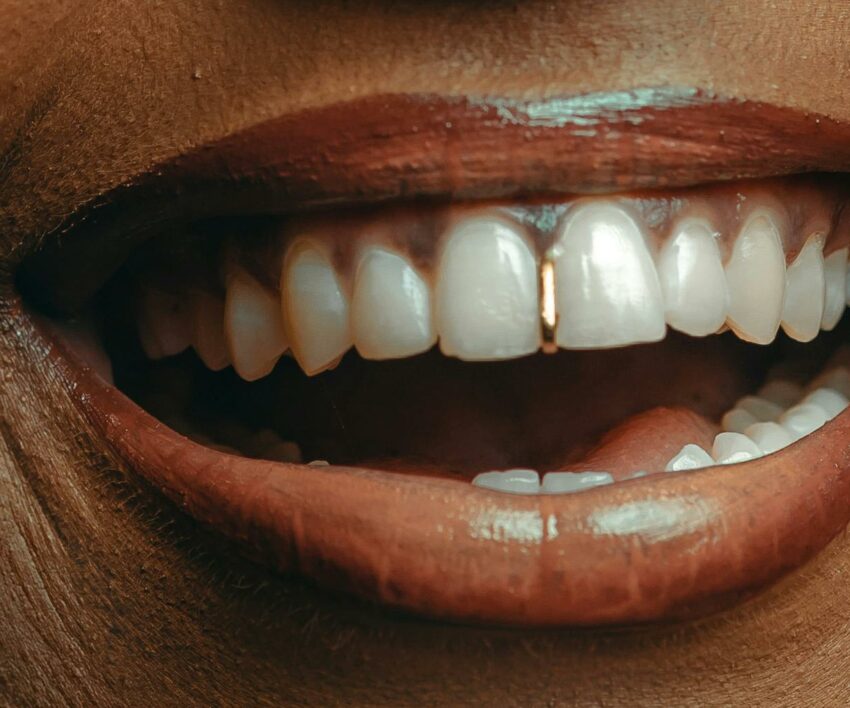picture: pexels
Do you involuntarily and constantly grind your teeth together, whether you’re asleep or awake? You do this so much that it causes you headaches, you sometimes even bite the inside of your mouth.
You are not alone, this happens to me all day every day, especially when I’m working and I hate that I kinda have no control over it. Health experts call this condition, bruxism.
The Cleveland Clinic explains that bruxism is a subconscious habit where you clench, grind, or gnash your teeth, often during stressful times. It can cause dental damage, headaches, and jaw pain, the clinic adds.
The above clinic further mentions that there are two different types of this condition, namely awake bruxism and sleep bruxism. It is stated that if you grind your teeth during waking hours, you may not require treatment, especially if awareness and stress reduction are implemented.
“Grinding or clenching your teeth in your sleep can cause more harm than bruxing during waking hours because you don’t realize it’s happening. People with sleep bruxism often need treatment to help manage the effects of grinding.”
When it comes to the causes of bruxism, the Mayo Clinic mentions that doctors don’t fully understand bruxism’s cause, it may be due to physical, psychological, and genetic factors, including emotions, coping strategies, and sleep-related chewing activities. It is further claimed that this condition can be caused by various factors including stress, age, personality type, medications, smoking, and family history.
“Bruxism can be associated with some mental health and medical disorders, such as Parkinson’s disease, dementia, gastroesophageal reflux disorder (GERD), epilepsy, night terrors, sleep-related disorders such as sleep apnea, and attention-deficit/hyperactivity disorder (ADHD).”
Medical News Today states that for treatment and management of bruxism, a dentist may recommend wearing a mouth splint or mouthguard during sleep to protect teeth from damage and reduce noise from teeth grinding. These devices, are said to be typically made of flexible rubber or plastic, can be tailored to an individual’s teeth or purchased over the counter.
